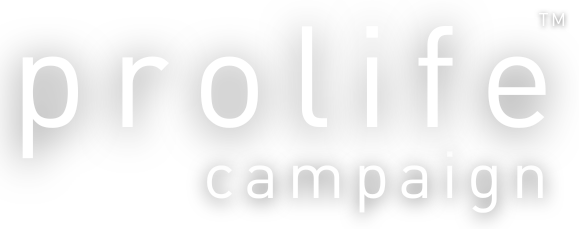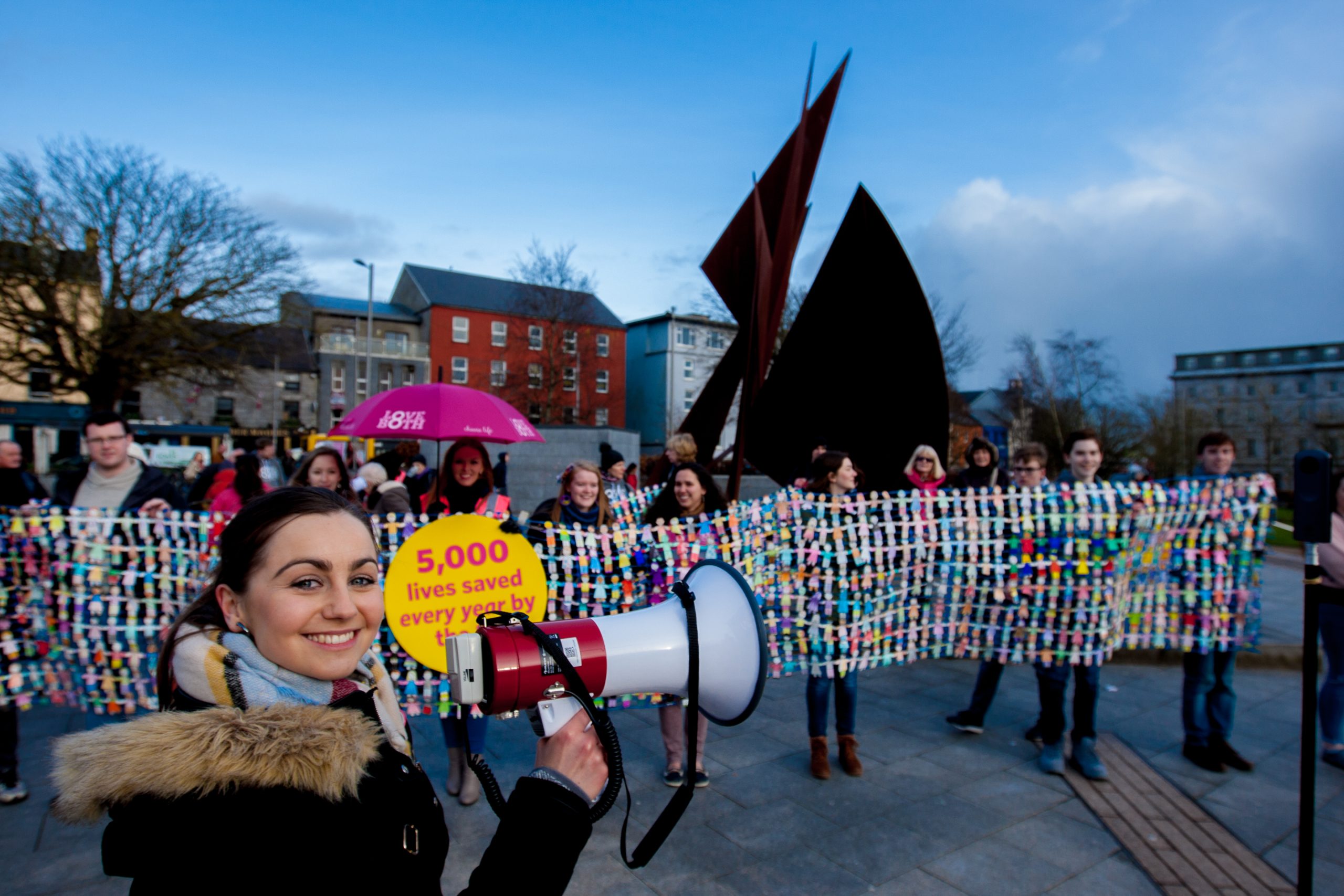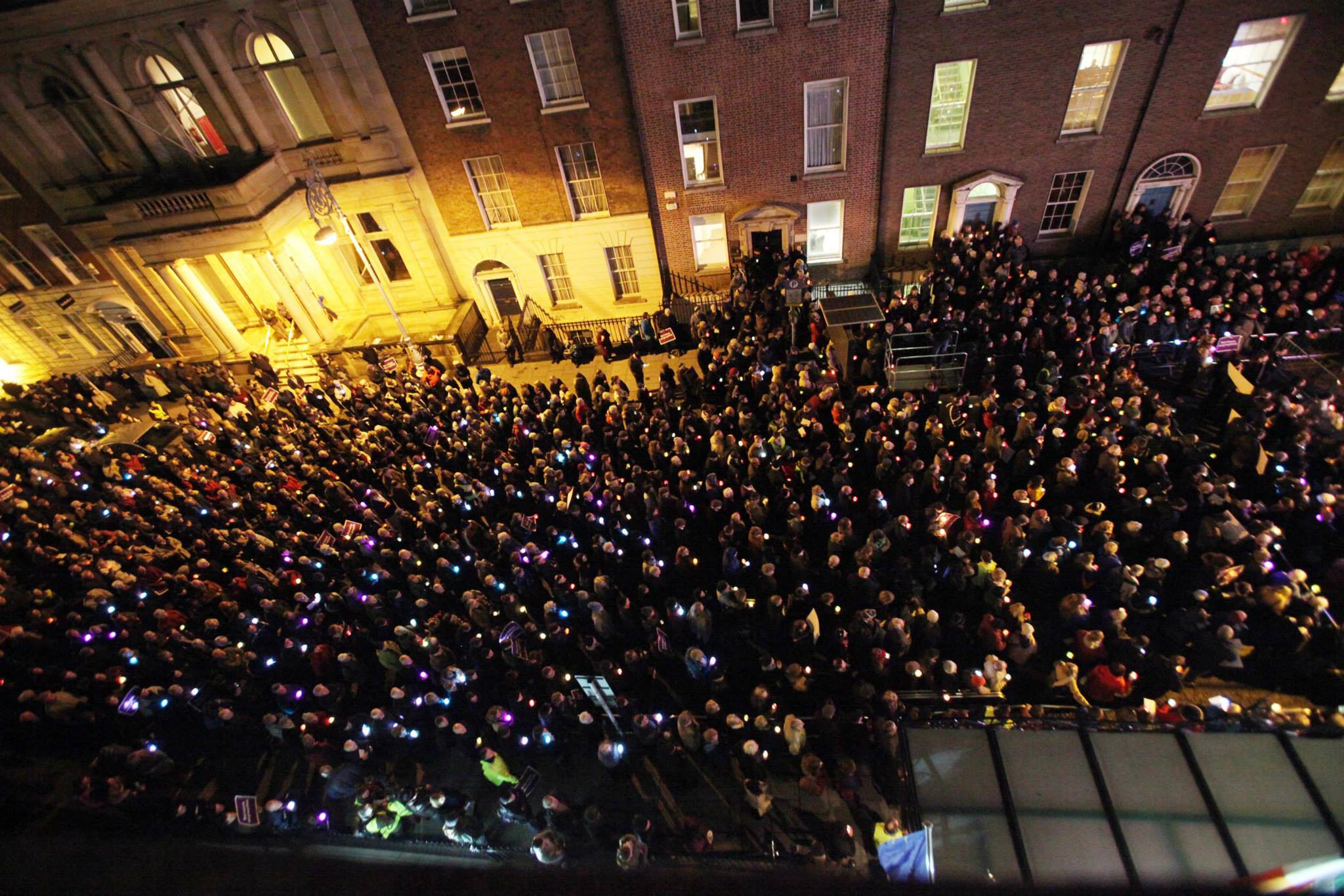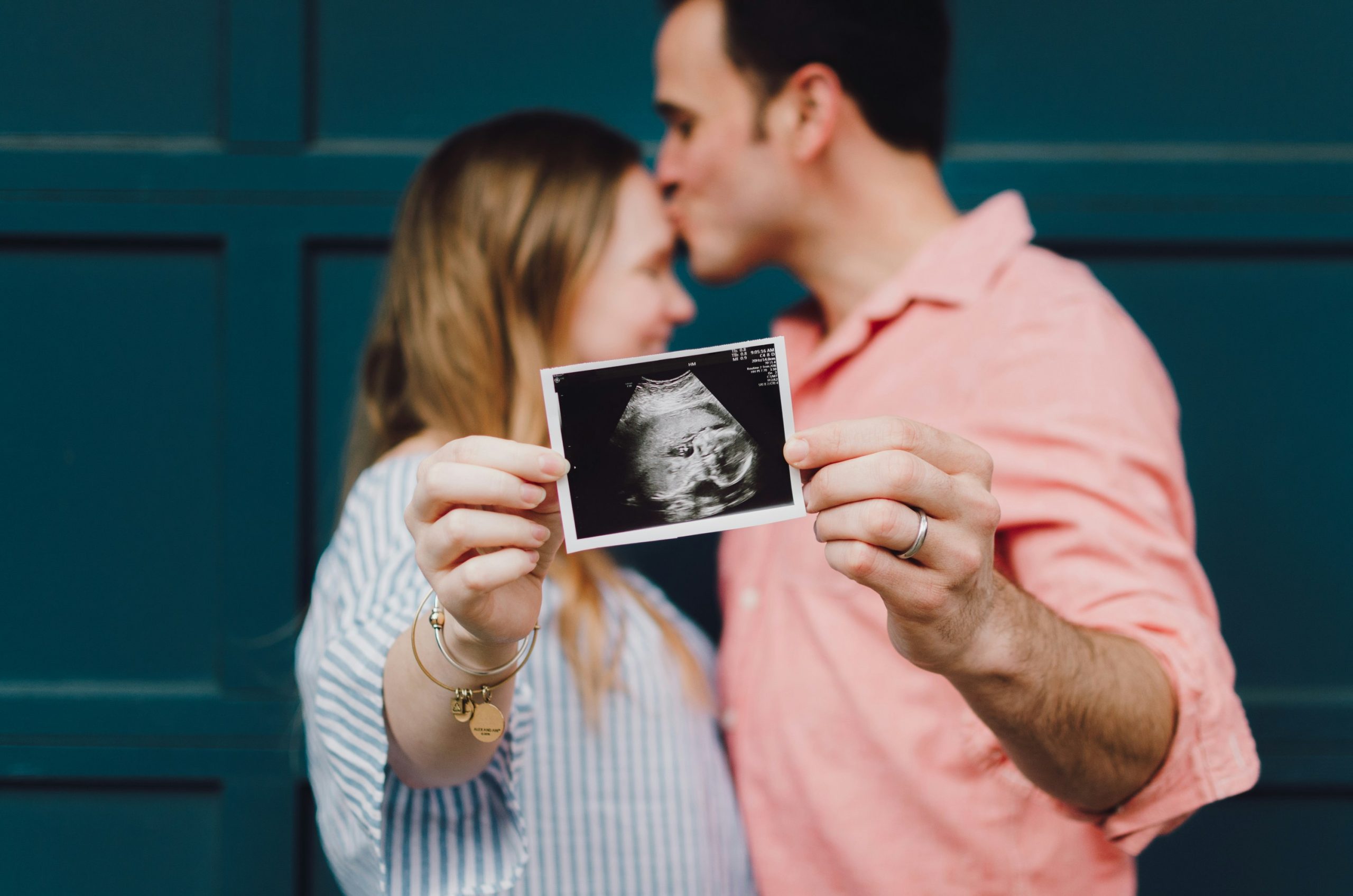Our History
Pro Life Campaigns Origins
Make a Donation
Join the Movement
Foundation and Early Years (1981-1983)
The Pro Life Amendment Campaign (PLAC)
The Pro Life Campaign is a non-denominational human rights organisation, drawing its support from a cross-section of Irish society. The Campaign promotes pro-life education and defends human life at all stages, from conception to natural death. It also campaigns for resources to support and assist pregnant women and those in need of healing after abortion.
The forerunner of the Pro Life Campaign, the Pro Life Amendment Campaign (PLAC) was founded in 1981. PLAC brought together medical professionals and activists in the cause of campaigning for a pro-life amendment to the Irish Constitution. The 1973 Roe v Wade case in the United States, which found a constitutional right to abortion under the heading of ‘privacy’, caused concern that a similar unenumerated right could be found within the Irish Constitution. There was a precedent for a right to ‘privacy’ prompting legislative change in the area of social policy in Ireland with the 1973 McGee v Attorney General case. PLAC’s mission was to ensure that a new pro-life amendment within the Irish Constitution would prevent the Supreme Court from interpreting the Constitution to find a ‘right’ to abortion, despite the objection of the vast majority of the Irish people.

Lobbying for a Referendum
Through considerable lobbying by medical professionals and other stakeholders throughout 1981-2, both major party leaders Charles Haughey (Fianna Fáil) and Garret FitzGerald (Fine Gael) agreed in principle to hold a pro-life amendment referendum. However, the early 1980s was a complicated time in Irish politics and the period 1981-2 saw three general elections held. The wording of the eventual eighth amendment was first proposed by the short-lived Haughey-led Fianna Fáil government, but his loss of power in November 1982 left the situation ambiguous particularly as the new FitzGerald-led Fine Gael-Labour coalition government appeared reluctant to proceed with this wording (despite having initially agreed to it).
In early 1983, Fianna Fáil proposed that their original wording should be moved as part of the legislation introduced in the Oireachtas to proceed with the referendum. Although the Fine Gael-Labour government opposed it, enough Fine Gael and Labour TDs voted in favour of the Bill to allow it to pass through the Oireachtas and give the people an opportunity to vote in a referendum on whether to place this wording in our Constitution.
The Eighth Amendment Referendum (1983)
In September 1983, the Irish people voted on whether to amend the Constitution to insert the following text: “The State acknowledges the right to life of the unborn and, with due regard to the equal right to life of the mother, guarantees in its laws to respect, and, as far as practicable, by its laws to defend and vindicate that right.” Despite retrospective claims that the campaign was overly bitter and dominated by preaching from the ‘pulpit’, in reality the vast majority of the medical and legal profession urged the public to support the amendment. Even the anti-amendment campaign did not generally oppose the referendum on the grounds of offering a pro-abortion alternative, rather their focus was on technical details or claims that the amendment would not actually forestall abortion.
This stance was taken largely due to an understanding that the overwhelming majority of the Irish public were firmly pro-life, and therefore it was considered inexpedient to argue for a no vote from a pro-abortion position. The referendum proposal passed with 67% voting in favour, and 33% against, with turnout at 54%.
The amendment protected unborn human life and sent a signal to the political and media class that the public were overwhelmingly opposed to abortion. However, a serious challenge to the strength of the amendment came in March 1992 in the so-called X case. This case found that within article 40.3.3 there was a limited right within the Constitution to abortion in cases where the mother’s life was at risk, including from suicidal ideation. In the same year, the Pro Life Campaign was founded from key members of the PLAC to oppose any attempts to water down the pro-life nature of the amendment through legal misinterpretation. The X-Case prompted the Reynolds-led Fianna Fáil to hold three referendums in November 1992, the same day as the general election, including: a referendum to remove suicidal ideation as a grounds for abortion whilst recognising that it would be unlawful to terminate a pregnancy ‘unless such termination is necessary to save the life… of the mother’ (12th amendment), the explicit inclusion that there would not be a limitation on freedom to travel between Ireland and another state (14th amendment), and the explicit inclusion that the state would not limit freedom to access ‘information relating to services lawfully available in another state’ (13th amendment). The PLC was highly critical of all the amendments and urged a no vote. The 12th amendment would have enshrined legalised abortion in the Constitution, whilst the other two were regarded as undermining the pro-life ethos of the original eighth amendment and being redundant in some respects. The 12th amendment was defeated, whilst the 13th and 14th were passed.
Challenges and Responses
(1992-2018)
The X Case and Subsequent Referendums
Despite the undermining of the eighth amendment in the 1992 X-Case, there was a political reluctance to legislate for abortion in Ireland due to the widespread public opposition. The amendment still protected the right to life of the unborn child and ensured that women received all necessary medical treatments when pregnant. It was regarded internationally as one of the key pro-life victories of the past 40 years. An independent actuarial report, released prior to the 2018 referendum, concluded that the eighth amendment was responsible for saving the lives of over 100,000 babies.
The PLC continued to campaign during the 1990s, particularly in opposition to further efforts to undermine the pro-life ethos of the Constitution and demanding that the government hold a new, unambiguous referendum which would allow people to express their wishes for a firmly pro-life policy. The PLC strongly opposed the law introduced by Michael Noonan of Fine Gael in 1995 to regulate the advertisement of information about foreign abortion clinics. During the late 1990s, there was increasing momentum behind the call for a pro-life referendum, particularly in light of further cases brought before the Supreme Court which attempted to challenge the pro-life ethos of the Constitution. In 2002, as a result of significant grassroots lobbying on this issue, the Fianna Fáil-Progressive Democrats government led by Bertie Ahern proposed a referendum on the issue. The amendment would have restored protection to unborn children and provided a clear law on the right to life in the form of the constitutionally enshrined Protection of Human Life in Pregnancy Bill. The referendum failed by a very narrow margin of less than a single percentage point. The closeness of the vote signalled to the government and opposition parties that there was certainly not a significant demand amongst the public to proceed with a more liberal abortion policy.
Shifts in Political Landscape
Throughout the 2000s, there still remained a popular demand, as reflected in opinion polling, for a new pro-life referendum which would close any of the ambiguities which were contained in the X-Case. Meanwhile, pro-abortion campaigners regularly argued for the government to legislate along the lines set down in the X-Case. The tectonic electoral shift seen in the 2011 general election, in the aftermath of the financial crash, brought to government a Fine Gael-Labour coalition. Whilst Fine Gael had issued robust pre-election commitments that it would oppose any efforts to introduce abortion, the Labour Party was in favour of legislating for the X-Case. In the aftermath of the Savita case in 2012, which was cynically exploited by pro-abortion journalists and politicians, then-Taoiseach Enda Kenny proceeded to introduce a Bill through the Oireachtas which regulated for first abortion for the first time in Ireland. Many of his own party voted against the 2013 law, leading to their expulsion from the party. The passage of the Bill and a fresh media campaign, relying on a false depiction of the events of the Savita case, brought about significant confusion amongst the general public about the future of Ireland’s pro-life policy. There were also several European and UN rulings and cases which challenged Ireland’s pro-life policy, which were defended in a lacklustre fashion by the governments of the day.


The 2018 Referendum
Soon after becoming Taoiseach in 2017, Leo Varadkar, who headed a minority Fine Gael-independents government with external support from Fianna Fáil, announced his intention to hold a referendum on whether to repeal the Eighth Amendment or not. This referendum was scheduled for May 2018. In the campaign during 2017-18, the PLC played a significant role in arguing in favour of the retention of the life-saving eighth amendment.
The group Love Both was launched as a campaign which allowed new people who had never been involved in pro-life activism before to come together and join the movement to urge the public to reject the referendum. However, for a myriad of reasons, the 2018 referendum unfortunately resulted in a 2:1 yes vote.
Importantly, the government had prepared draft legislation prior to the referendum which was intended to demonstrate to voters how a prospective post-repeal abortion law would appear. It gave confidence to many voters that an abortion law in Ireland would be ‘limited’ and would have ‘safeguards’. In particular, reluctant cabinet ministers such as Simon Coveney favoured a yes vote on the grounds that it would result in only a limited abortion regime.
During the campaign the PLC and others drew attention to the fact that a yes vote would totally put the ability to determine Ireland’s abortion laws in the hands of politicians and remove the public from ever having a direct say again. This meant that the draft scheme of a bill presented in spring 2018 could easily be changed in the future against the wishes of the electorate, many of whom voted yes in May 2018 largely on a belief in the supposed need for abortion in ‘hard cases’ but were opposed to abortion on demand.
Post-Repeal Era
(2018-Present)
Intensified Advocacy Efforts
Since the May 2018 referendum, the work of the PLC has only become more intense. Following the return of the Oireachtas from its summer recess in 2018, the government moved to bludgeon its abortion bill through the parliament. Pro-life TDs introduced and co-signed several amendments which would have had the impact of limiting some of the worst excesses of the eventual legislation. However, these amendments were rejected by the government and were often treated with utter disdain.
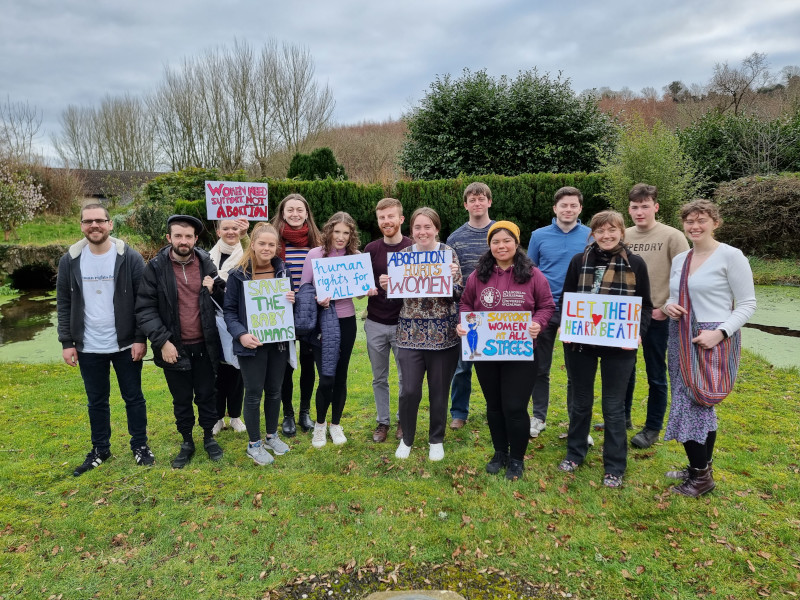
For example, an amendment that women should receive an ultrasound before having an abortion was rejected by then-Minister for Health Simon Harris who disdainfully described it as “subjecting” women to abortion. The decision to reject that particular amendment put women’s lives at risk, as pointed to by the case revealed in a March 2024 article in the Irish Medical Journal which detailed how a Limerick woman’s life was threatened following an abortion she had whilst also having an undetected ectopic pregnancy.
Impact of Abortion Legalisation
Since the beginning of abortion on demand in Ireland on 1 January 2019, the abortion rate has risen dramatically. In 2018, the final year of the eighth amendment, there were a recorded 2,911 Irish abortions (in the UK). By contrast, in 2023, it is estimated that over 10,000 abortions took place in Ireland. This clearly proves the falsity of many of the arguments made by yes campaigners and the government in 2018 that a vote for repeal would only cover the most difficult of cases and that abortion would be ‘rare’.
Educational Initiatives and Future Outlook
Part of the PLC’s work today is educational, ensuring that the next generation of pro-life activists are equipped with the knowledge, skills, and dedication in order to continue the fight as we work ultimately towards achieving an Ireland which once again cherishes all the children of the nation equally and the rights of the unborn child are restored in law. The Pro Life Campaign as a movement has been present in Irish public life for decades and its work today is more important than ever.
Join the Cause
Make a Donation Today
Giving ONline
We are currently accepting donations through PayPal. To donate, simply click “Donate Now” and you’ll be directed to our secure PayPal donation page, where you can easily contribute using your PayPal account or a credit/debit card.
Thank you for your support!
Giving By Check
For those unable to donate online, you can send a cheque, draft, or postal order to our office in Dublin, make a donation over the phone, or electronically transfer funds to our bank account.
Visit our Donate page for more info!
How Donations Are Used
The Pro Life Campaign depends entirely on your generous donations. We prioritise keeping administration and personnel costs to a minimum, with the majority of our work conducted by volunteers. Your contribution directly supports our ongoing projects and initiatives, enabling us to continue advocating for our cause.
Thank you for your invaluable support.
